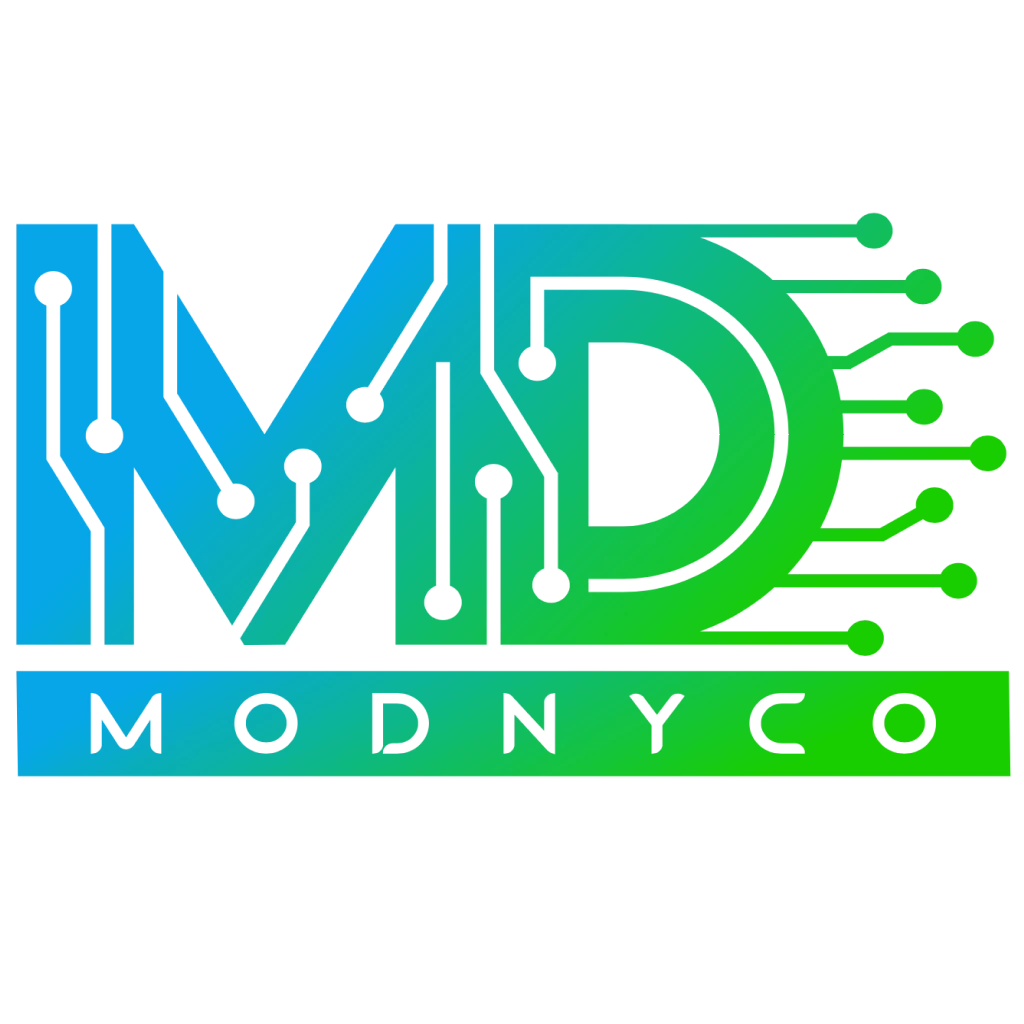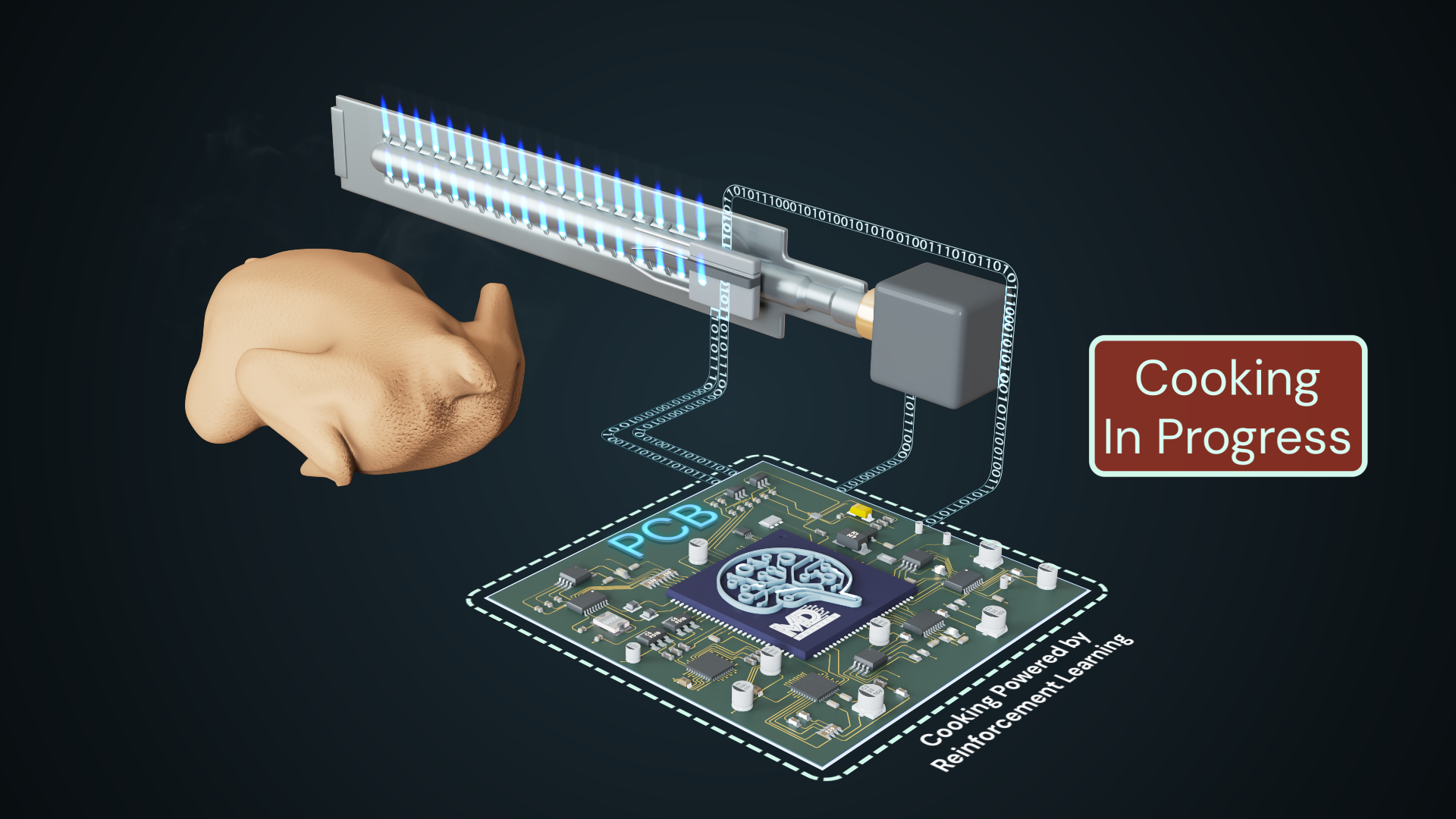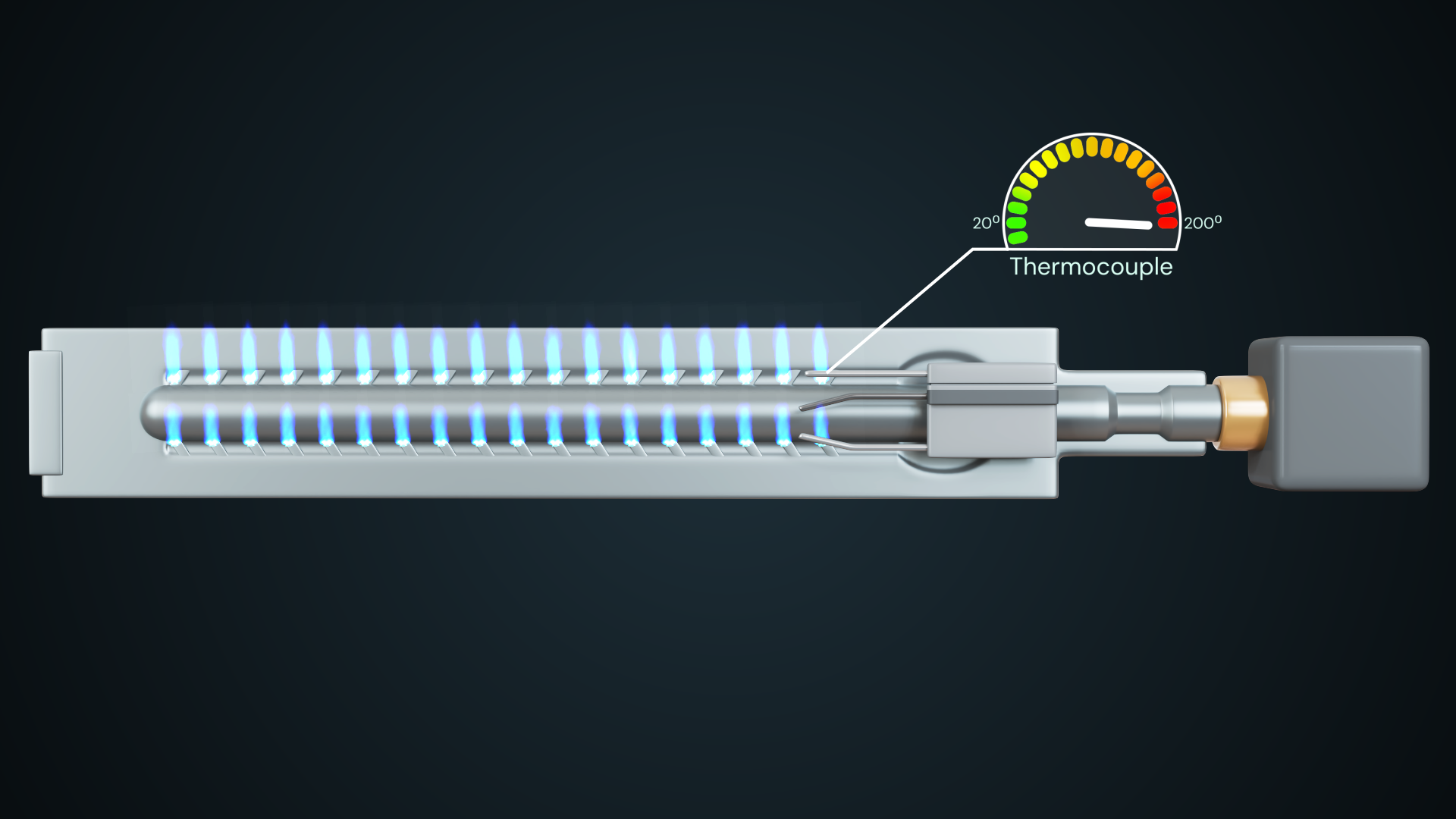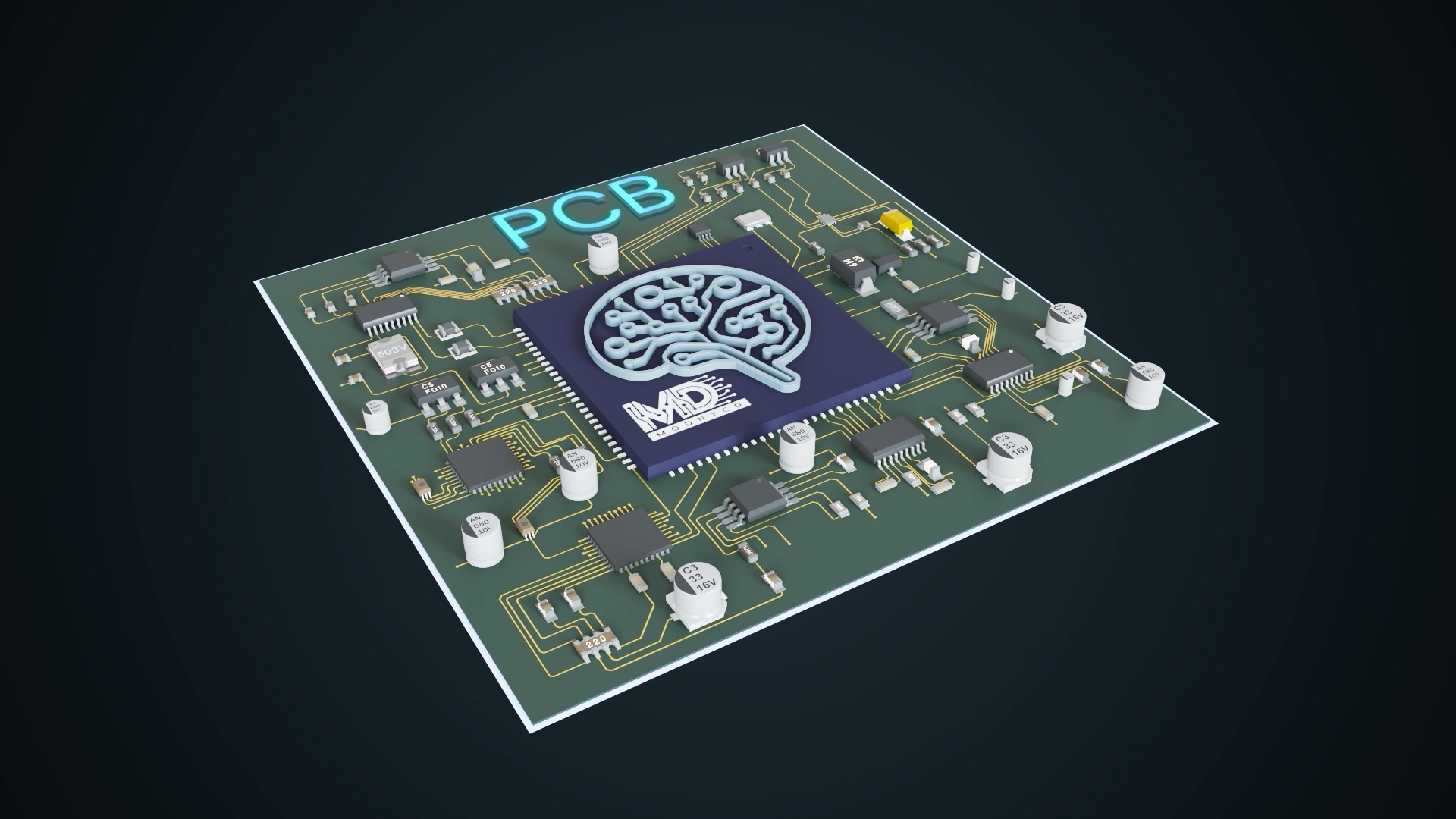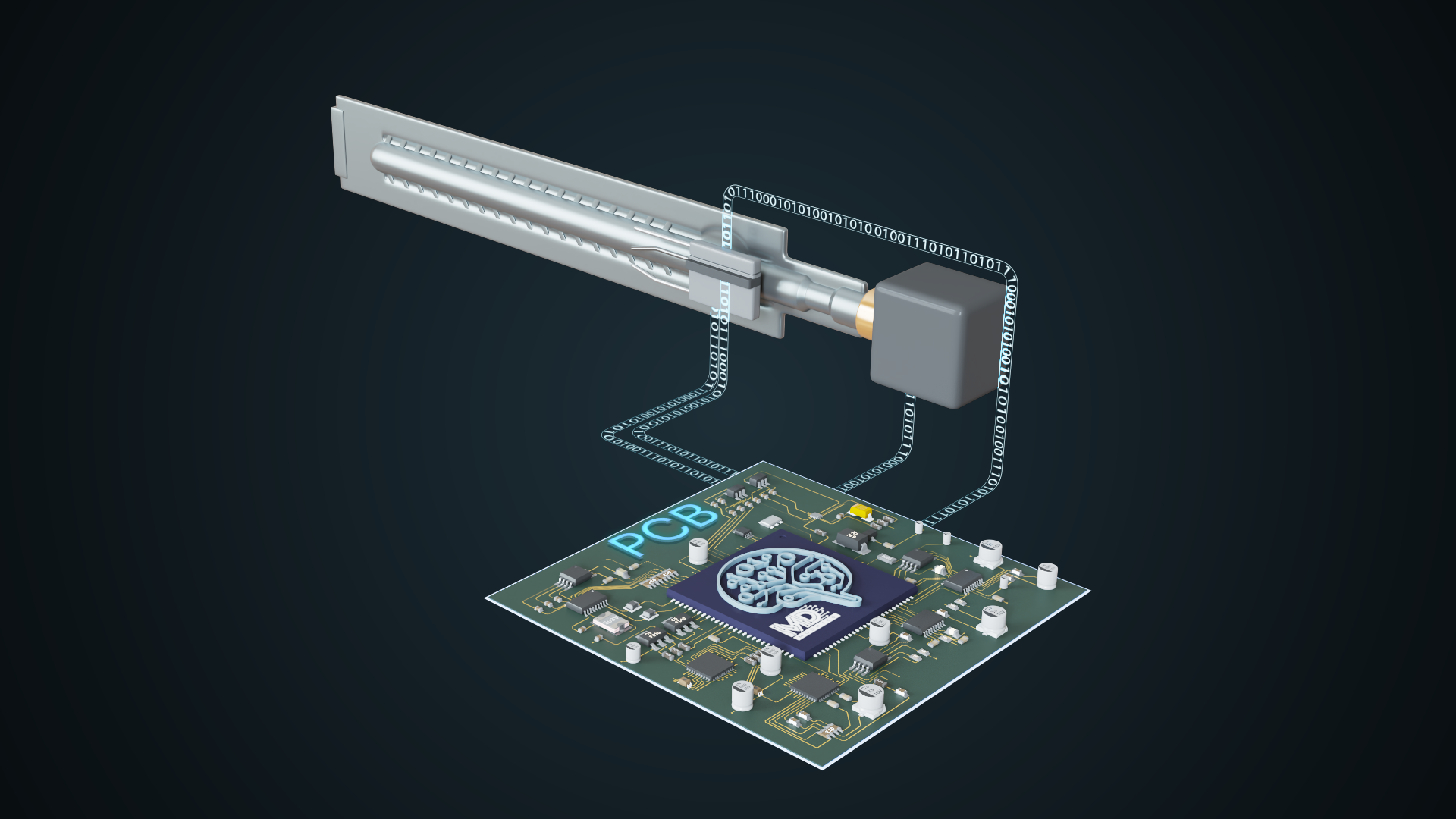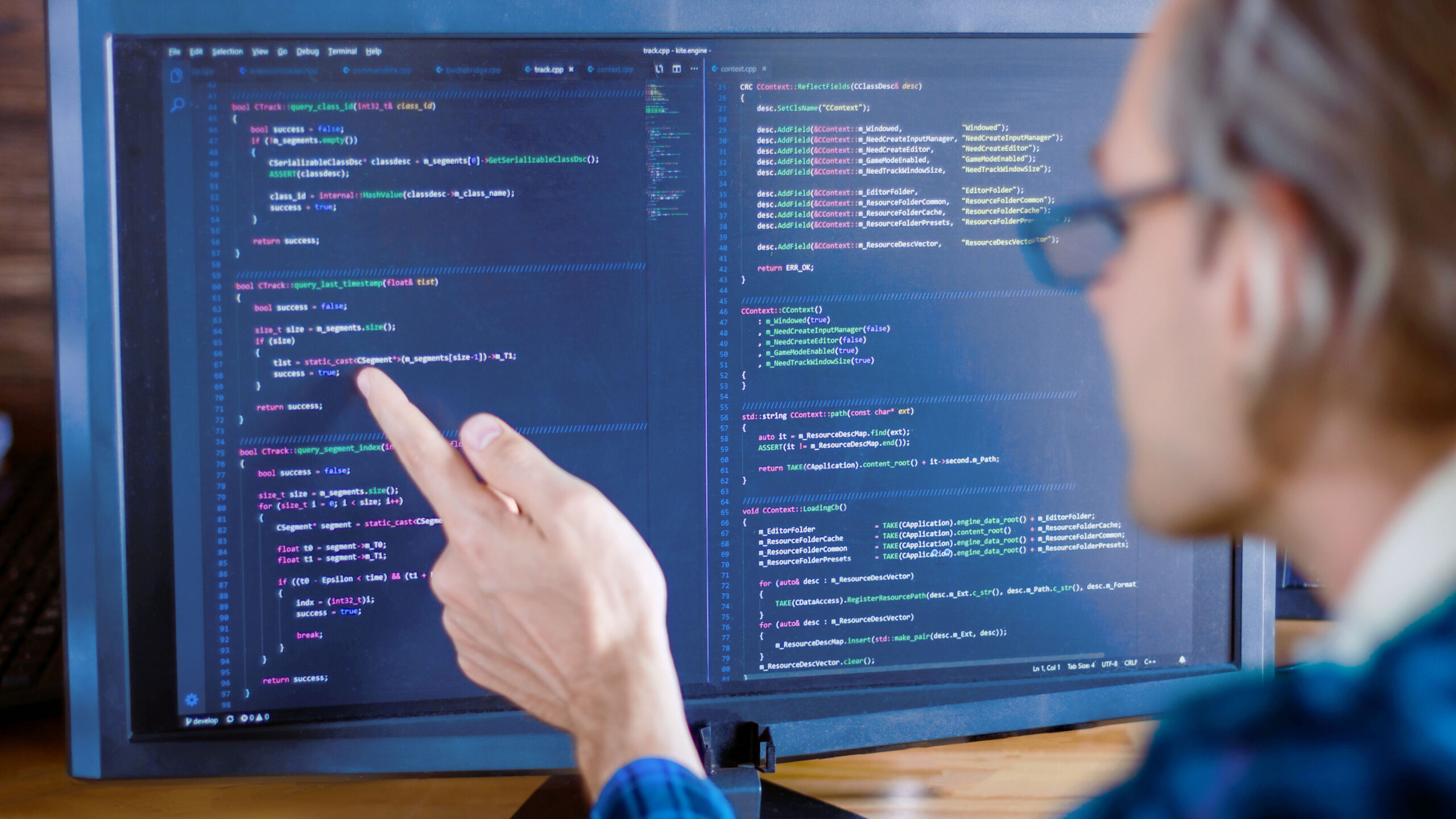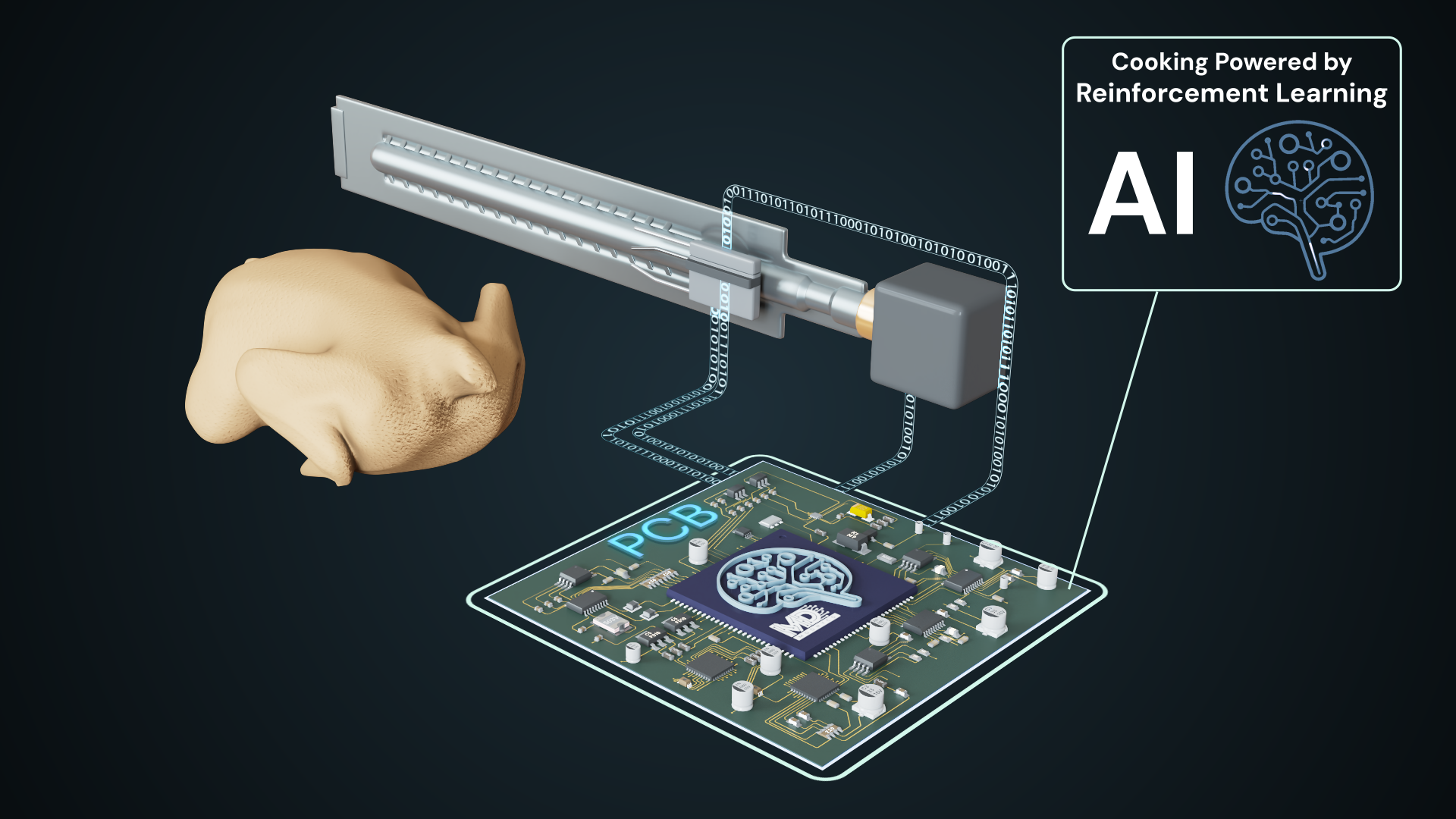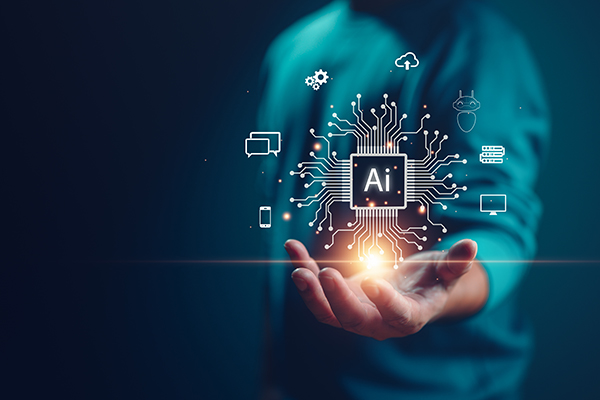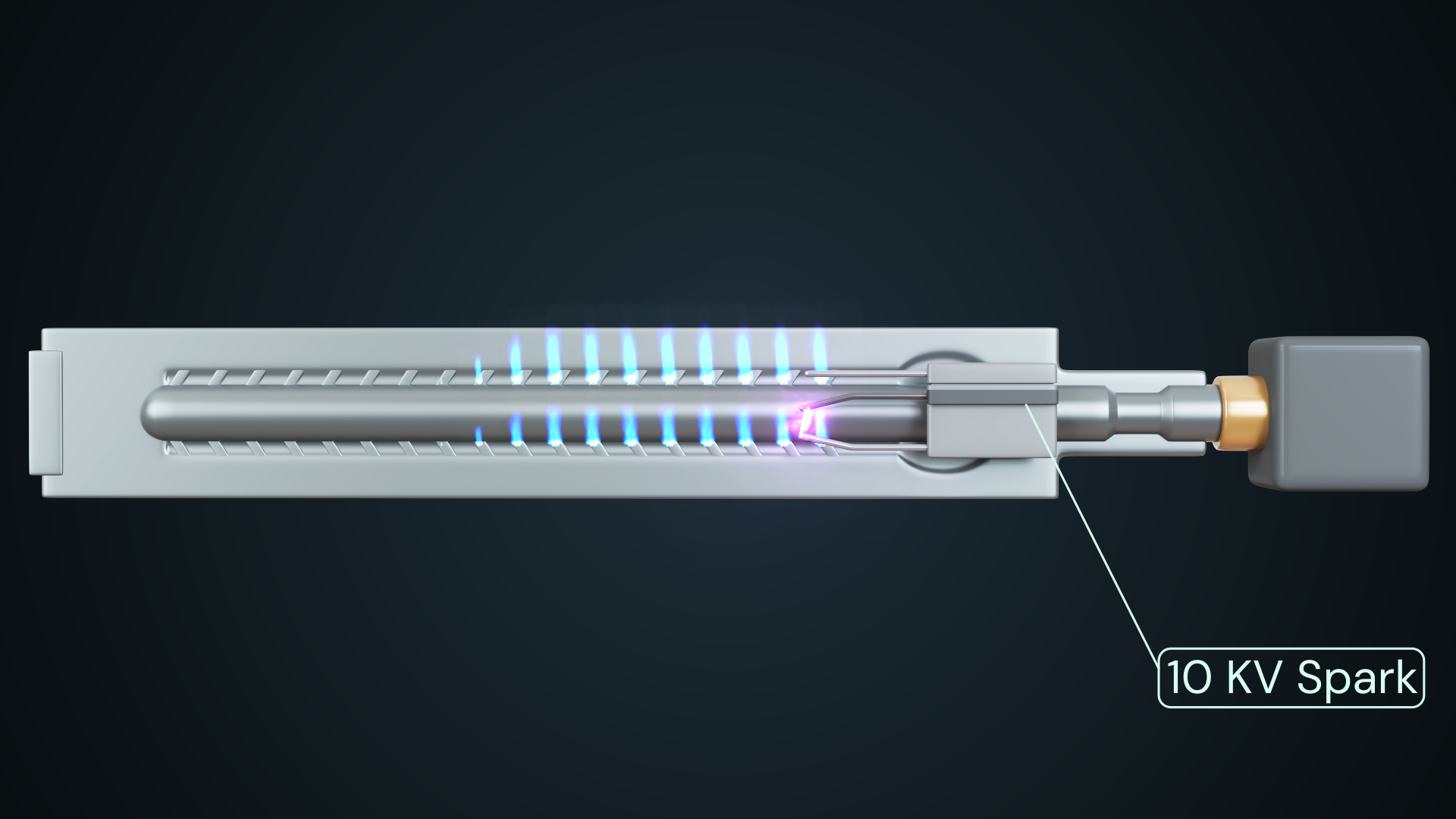Smart Gas Oven
We developed a Smart Gas Oven featuring advanced PCBs and embedded software powered by ARM Cortex and STM microcontrollers. The system integrates AI-driven automation using reinforcement learning, optimizing cooking processes through real-time sensor data. With C++ software running on Debian Linux, it offers multithreaded, non-blocking execution, cloud-based data logging, and Over-The-Air (OTA) updates for continuous improvement. The design also ensured compliance with stringent industry safety standards, delivering a smart, efficient, and reliable cooking solution.
- Developed a Smart Gas Oven with advanced electronics, embedded software, and AI technologies.
- Designed PCBs to control motors, gas valves, LEDs, and LCDs using an ARM Cortex multi-core processor with Embedded Linux, and integrated an STM microcontroller for real-time control
- Created a bespoke transformer for gas ignition and flame detection, capable of generating a 9KV spark, with a simplified rod system for sparking and detection.
- Developed C++ software on Debian Linux for hardware control and AI automation, with multithreaded, non-blocking execution and cloud-based logging for error tracking and performance analysis.
- Used reinforcement learning techniques to train an AI agent to manage sensors and automatic controls, continuously improving its cooking performance through raw data analysis.
- Ensured compliance with electrical and functional safety standards by collaborating directly with regulatory bodies.
Modnyco embarked on a highly ambitious and technically advanced project, developing a Smart Gas Oven that integrates cutting-edge electronics, sophisticated embedded software, and AI-driven automation. The challenge was to take a proof-of-concept prototype, originally built with off-the-shelf R&D equipment and Labview modular designs, and transform it into a fully manufacturable, market-ready product suitable for large-scale production. This involved a complete redesign of the electronics, optimization of the embedded software for seamless integration, and the implementation of AI algorithms to enhance the oven’s functionality. Our expertise allowed us to transition the prototype into a refined, reliable product that not only met industry standards but also incorporated advanced features such as real-time sensor data processing, precise motor control, and dynamic cooking optimization. The final design is a sophisticated, intelligent cooking solution designed for everyday users, balancing technological innovation with practical usability.
- Electronics Design:
The PCB design was a key part of our contribution. It controlled components such as motors, gas valves (solenoids), LEDs, and an LCD display, while also reading system and food temperatures. We employed an ARM Cortex multi-core microprocessor running Embedded Linux to handle the extensive computational needs, offering connections such as GPIO, UART, I2C, SPI, USB, and LVDS.
Recognizing the need for soft power control and managing real-time, low-level operations without overloading the microprocessor, we integrated an STM microcontroller to handle these tasks. This freed the ARM processor for critical functions such as hardware control and AI-based automation.
One particularly challenging aspect was designing circuitry for gas ignition and flame detection. We developed a bespoke transformer that could generate a 9KV spark from a 12V DC input. We also designed a flame detection circuit to monitor and react accordingly. Additionally, we system incorporated a 7" LCD, handling backlight management and LVDS signal transmission, with robust EMI and ESD filtering to maintain display performance during sparking.
- Embedded Software Development:
The embedded software, written in C++ on Debian Linux, controlled the hardware and executed AI-driven cooking processes. The software’s layered architecture allowed independent development while maintaining detailed error logging for easy troubleshooting. Managing synchronous and asynchronous operations posed a challenge, as some tasks were almost instantaneous, while others took longer. We implemented non-blocking asynchronous systems to ensure commands were processed without blocking, reducing CPU load. This was critical since the CPU also handled GUI and AI tasks simultaneously.
We implemented a data collection and storage system to log error reports and cooking data to the cloud. This enabled ongoing diagnostics and improvements. To keep the system current, we also integrated an Over-The-Air (OTA) update mechanism, allowing the remote updating of the Linux OS, application software, and firmware. This ensured the oven's software could be continuously improved with new features, performance enhancements, and security patches.
- Artificial Intelligence (AI):
We utilized reinforcement learning techniques to train an AI agent that intelligently controlled the cooking process using real-time data from sensors and automated controls. By analysing the raw data collected during cooking sessions, the AI continuously learned and adapted, improving its performance over time. This iterative training process enabled the AI to make more informed decisions, resulting in precise, optimized cooking that adjusted to different food types and user preferences for consistent, high-quality results.
- Compliance:
Modnyco placed a strong emphasis on compliance, particularly regarding electrical and functional safety. We worked directly with compliance bodies to ensure that the Smart Gas Oven met all regulatory standards. This proactive collaboration allowed us to address potential safety concerns early and expedite the certification process, ensuring the final product adhered to stringent safety requirements.
- Transfer for Production:
From the beginning, we considered production feasibility in our design approach. We engaged with various electronic component manufacturers to select parts not just for their technical capabilities but also for supply chain reliability. Our collaboration with manufacturers allowed us to address potential issues early, avoiding multiple redesigns and streamlining the development process. Through these partnerships, we conducted pre-compliance testing at no additional cost, which helped us refine our design before full-scale production. This proactive approach provided valuable insights that improved our design’s efficiency and reliability, ensuring the Smart Gas Oven was ready for mass production.
Schedule a Consultation
Connect with our team to transform your complex concepts into market-ready electronic solutions.
